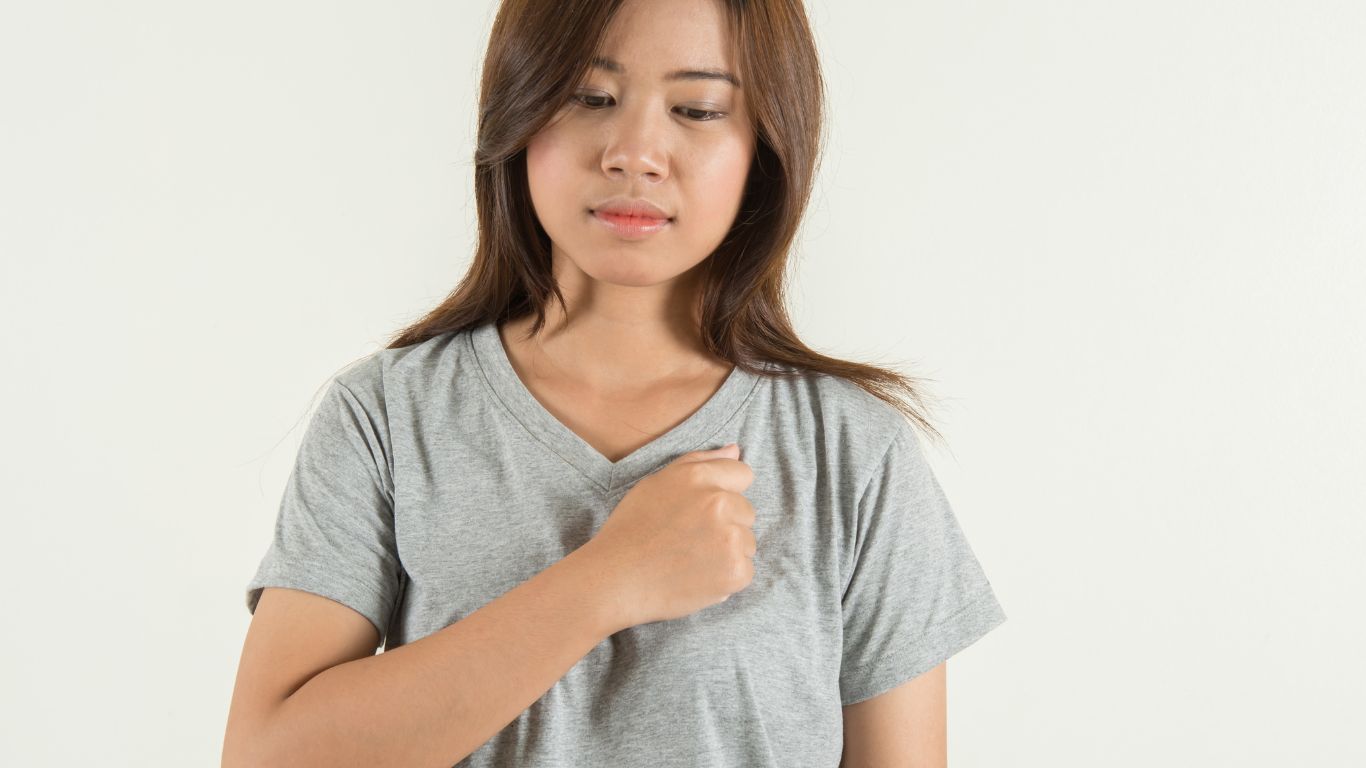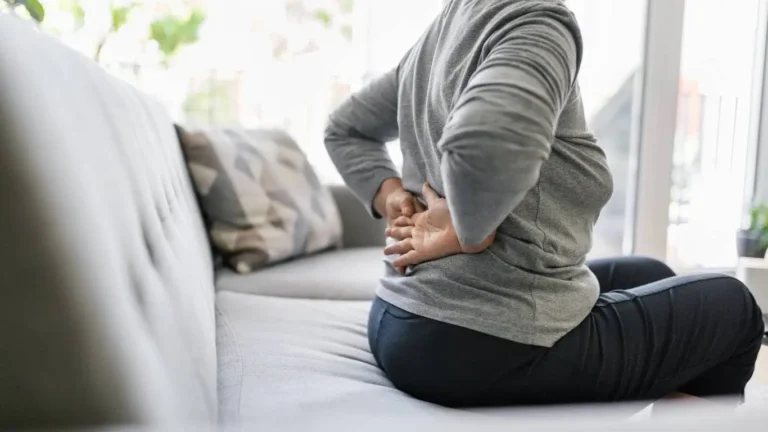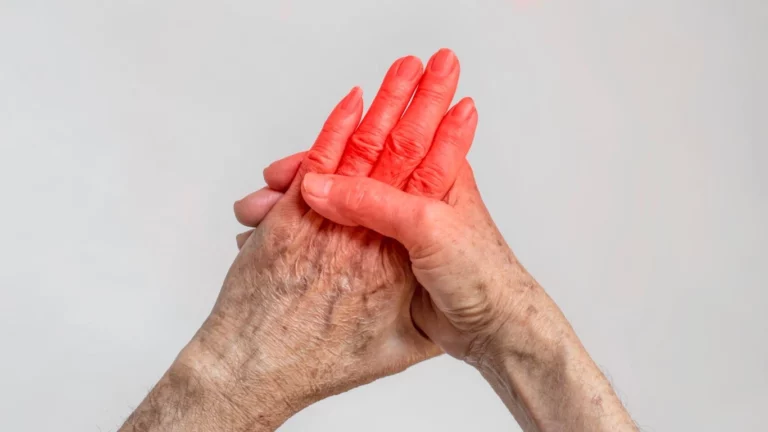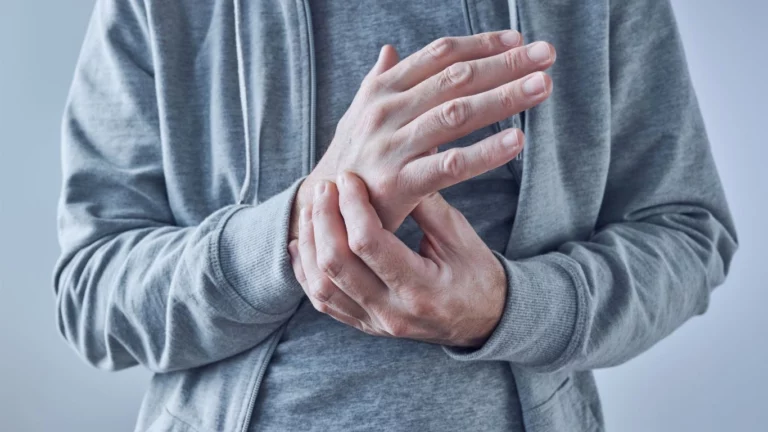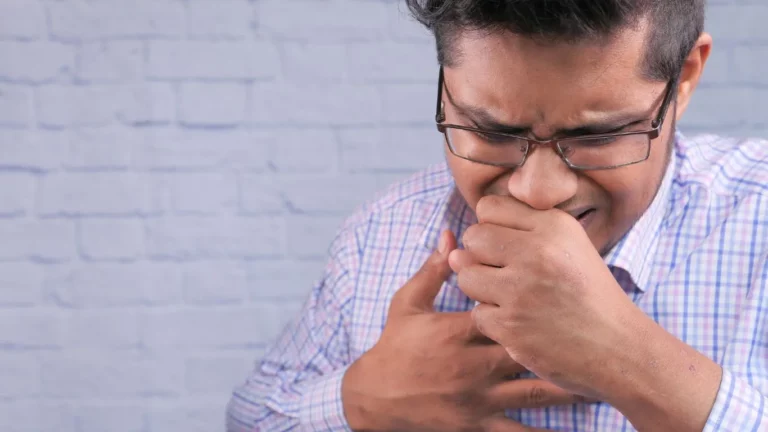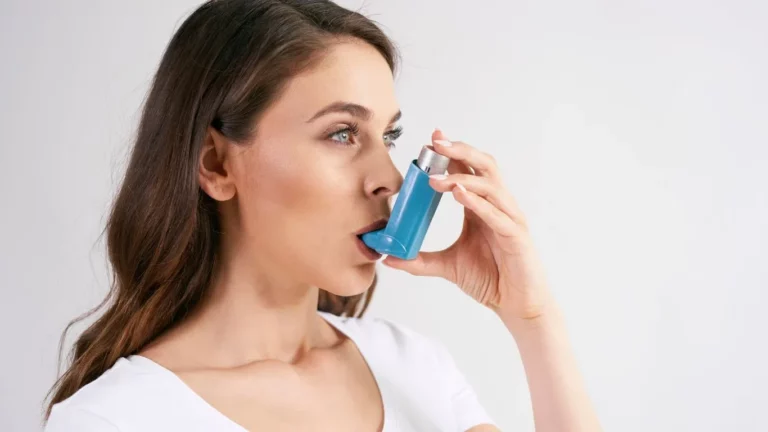Concerning Signs: GERD and Burping After Drinking You Shouldn’t Ignore
Ever had that annoying, uncomfortable burping after drinking even just a small glass of water or your favorite soda? You’re not alone. Working as a Medical Assistant in a Gastroenterology Clinic, I’ve seen so many patients come in complaining about this exact thing. And often, it’s linked to something a bit more complex than you’d expect—GERD and burping after drinking are surprisingly connected. I’ll be honest, even I didn’t realize how common this combo was until I started assisting with scopes and hearing people’s stories. Let’s break this down in plain English and talk about what’s really going on in your gut when this happens.
What Exactly Is GERD? (And Why Should You Care?)

GERD stands for Gastroesophageal Reflux Disease, and it’s not just your regular heartburn. Think of it as your stomach’s way of saying, “Hey, I’m not handling this well.” It happens when stomach acid keeps sneaking back up into your esophagus. That backward flow is called reflux, and when it happens regularly, it’s considered GERD.
From what I’ve seen in clinic, people often dismiss the signs—burping being a huge one. They usually chalk it up to “just gas” or something they ate. But when burping becomes a regular thing, especially after drinks, it might be more than just air trapped in your belly.
How Drinks Make It Worse
Here’s where it gets interesting. Certain beverages are like fuel to the GERD fire. Carbonated drinks (yep, soda is public enemy #1), alcohol, coffee, and even citrus juices can irritate the lower esophageal sphincter (LES). That’s the muscle gate that’s supposed to keep stomach acid where it belongs—inside your stomach.
When the LES gets lazy or weakened—which happens more than you’d think—drinks can easily push gas and acid upward, making you burp, sometimes with a nasty aftertaste. I’ve had patients describe it as “a burp with a burn.” Not fun, right?
Common Symptoms You Might Be Ignoring
- Frequent burping after meals or drinks
- A burning feeling in your chest (heartburn)
- Regurgitation—like your food is coming back up
- Chronic sore throat or hoarseness
- Feeling like there’s a lump in your throat
Honestly, I’ve heard almost every version of this from patients—from “I thought I was just swallowing air” to “I didn’t know burping that much could mean something serious.” If this sounds familiar, it might be time to pay attention to what your body’s trying to tell you.
Why GERD and Burping After Drinking Are Often Overlooked

Here’s a truth bomb I’ve learned from working in GI care—GERD doesn’t always scream for attention. Sometimes it just whispers. And burping? It’s one of those whispers. Because it doesn’t always hurt, it gets brushed off. But in reality, it could be a sign of something chronic.
Most people don’t connect the dots between their favorite beverages and their digestive issues. I had one patient who drank a “healthy” kombucha every morning and couldn’t figure out why she was constantly belching by noon. Turned out the acidity and carbonation were major triggers for her reflux symptoms.
When Should You Worry?
Occasional burping is totally normal—we all do it. But if you’re noticing a pattern, especially after drinking certain things, and it’s accompanied by other symptoms (like a burning chest or sour taste in your mouth), it might be worth getting checked out.
In the clinic, we often ask a few key questions:
- Do your symptoms get worse when lying down?
- Are you burping more after meals or beverages?
- Have you tried over-the-counter antacids without much relief?
- Are your symptoms disrupting your sleep or daily activities?
If you’re mentally nodding “yes” to these, don’t ignore it. GERD is treatable, but letting it go unchecked can lead to complications down the line, like esophagitis or even Barrett’s Esophagus. Yep—it can escalate if we don’t take it seriously.
The Gut-Drink Connection: It’s Deeper Than You Think

I’ve learned a lot just from talking to patients, seeing patterns, and asking the right questions. The link between GERD and burping after drinking is more common than most people think, but luckily, it’s also manageable. What you drink, how much, and even when you drink can make a huge difference.
Coming up, I’ll dive into the best and worst drinks for GERD, share patient stories, and talk about realistic lifestyle changes that actually help (no, you don’t have to give up your morning coffee forever—promise!).
Best and Worst Drinks for People with GERD and Burping Issues

Let’s talk about drinks—because let’s be honest, no one wants to give up their morning coffee or their evening glass of wine. But if you’re struggling with GERD and burping after drinking, some beverages might be doing you more harm than good. I’ve seen patients make small changes that completely turned things around for them.
Drinks That Can Make GERD Worse
- Soda and carbonated drinks: These are by far the most common culprits. Bubbles = trapped gas = burping overload. Plus, they’re acidic and can weaken your LES.
- Alcohol: Beer, wine, and especially spirits can trigger reflux. Alcohol relaxes the LES, making it easier for acid to sneak up.
- Citrus juices: Orange juice and lemonade may seem healthy, but their high acidity can inflame the esophagus and worsen symptoms.
- Energy drinks: High caffeine plus carbonation = double trouble for your gut.
- Regular coffee: Sorry, but unbuffered coffee can stimulate acid production and irritate the stomach lining.
One patient I worked with was drinking sparkling water thinking it was a “safe” alternative. We swapped it for flat water and herbal teas, and boom—her burping cut down by half within a week. Sometimes it’s those little swaps that make the biggest difference.
GERD-Friendly Drink Alternatives
- Herbal teas: Chamomile, ginger, or slippery elm tea can actually help soothe the gut.
- Flat water: It may sound boring, but it’s the best bet for keeping things calm down there.
- Almond milk: A gentle, non-acidic option for people who like a creamy drink without triggering reflux.
- Aloe vera juice: In small amounts, it can help reduce inflammation—just make sure it’s food-grade and GERD-safe.
Quick note from my own experience: ginger tea has become my go-to recommendation. Not only does it help settle the stomach, but it also seems to cut back on those random, annoying burps after meals. Plus, it tastes good, so it doesn’t feel like a “sacrifice.”
How Timing and Habits Around Drinking Affect Burping and GERD

It’s not just what you drink—it’s how and when you drink it that can also play a huge role. I can’t count how many patients would chug down a big glass of water right before bed, thinking it’s healthy. Sure, hydration is great, but timing matters.
Bad Drinking Habits That Can Trigger Burping
- Drinking too fast: You swallow more air, which leads to more burping. Slow down!
- Drinking with large meals: Overfilling your stomach adds pressure and encourages reflux.
- Reclining right after drinking: Gravity helps keep acid down—lying flat too soon after a drink does the opposite.
- Using straws all the time: Believe it or not, straws can cause you to gulp more air than sipping from a glass.
In clinic, I often suggest simple tweaks like sipping throughout the day instead of guzzling, and avoiding drinks 1-2 hours before bedtime. You wouldn’t believe the difference it can make—less nighttime reflux, less burping, and way better sleep.
How Your Gut Health Impacts GERD Symptoms

This is a topic I’ve become a little obsessed with, honestly. Over time, working closely with GI specialists, I’ve learned that your gut health plays a much bigger role in reflux than most people realize. An imbalanced gut can lead to slower digestion, more gas buildup, and—you guessed it—more burping.
Signs Your Gut May Be Out of Balance
- Bloating and excessive gas
- Constipation or irregular bowel movements
- Frequent indigestion
- Fatigue after eating
When we see these signs in patients who also complain about GERD, we often explore probiotics, diet shifts, and gut-friendly foods. It’s not a quick fix, but when patients stick with it, their burping and reflux usually improve.
Tips to Support a Healthier Gut
- Eat more fiber-rich foods like oats, berries, and leafy greens
- Add fermented foods like yogurt, kefir, or sauerkraut (if tolerated)
- Cut back on sugar and processed foods
- Stay active—movement helps digestion more than people think
I once had a patient who started walking after dinner every night and added a daily probiotic. Within a month, her constant after-dinner burping dropped significantly. It’s amazing what small, consistent changes can do.
Listen to Your Body—It’s Always Talking

One of the best tools we give our patients is a food and symptom journal. I know it sounds old-school, but it’s shockingly effective. When you start tracking what you drink, how you feel afterward, and when symptoms pop up, patterns reveal themselves fast.
We had a guy in his 30s who never suspected his afternoon “healthy” smoothie was the cause of his daily burping and chest discomfort. Once we looked at the ingredients—pineapple, citrus, protein powder—it all made sense. Swapping a few things out made a huge difference.
So if you’re struggling with GERD and burping after drinking, keep tuning in to what your body is trying to say. You don’t have to overhaul your entire lifestyle—just tweak what you’re already doing. And if you’re not sure where to start, always talk to a gastroenterologist or your provider. They’ve seen it all (trust me—I’ve been in the room!).
Real-Life Strategies to Keep GERD and Burping in Check

Alright, now that we’ve talked about the what and the why, let’s focus on the “what can I actually do about it?” part. Trust me, in the clinic, I’ve worked with so many patients who just wanted *something* that worked—something they could try right away to get relief from all that annoying burping and uncomfortable reflux. The good news? There are practical steps that help.
Simple Lifestyle Adjustments That Actually Work
- Smaller, more frequent meals: Avoid overloading your stomach. Big meals mean more pressure, which means more reflux.
- Stay upright after eating or drinking: At least 2-3 hours. Gravity is your friend here.
- Elevate your head at night: A wedge pillow or adjustable bed can work wonders for nighttime symptoms.
- Watch your weight: Even a little extra around the midsection can increase abdominal pressure and trigger reflux.
- Cut back on trigger drinks (not cut out completely): Total deprivation isn’t sustainable. Start with moderation.
I always tell people—don’t go extreme unless you have to. Try one or two changes first and see how you feel. One of my regulars started by simply cutting soda and switching to ginger tea. That alone made her feel 60% better within two weeks. Baby steps, right?
When It’s Time to See a Specialist

Let’s be real—not every case of GERD and burping after drinking is going to be fixed with herbal tea and sleeping on an incline. Sometimes, it needs a medical eye. So when do you stop DIY-ing and talk to a GI specialist? Here are some red flags to watch for:
Signs You Might Need Medical Intervention
- Burping is constant and doesn’t go away with lifestyle changes
- You’re experiencing chest pain or pressure (always rule out cardiac causes first!)
- Food or drink seems to get “stuck” going down
- Unexplained weight loss or appetite changes
- Chronic cough, sore throat, or hoarseness
I’ve seen cases where we suspected mild reflux, but the doctor found signs of inflammation or even early Barrett’s Esophagus through an endoscopy. Catching it early matters. So if something feels “off,” get it checked. There’s zero shame in advocating for your gut health.
Over-the-Counter and Prescription Options
Let’s touch on meds—because yes, there’s a place for them. In fact, a lot of people combine meds with lifestyle tweaks for the best results. Here’s a quick breakdown of common treatments you might hear about during your visit:
Medication Types for GERD Relief
- Antacids: Quick relief for occasional symptoms (Tums, Rolaids). Not a long-term fix.
- H2 Blockers: Reduce acid production (like famotidine). Good for mild to moderate GERD.
- PPIs (Proton Pump Inhibitors): These are stronger acid blockers (like omeprazole or pantoprazole). Often used when symptoms are more persistent.
But don’t just grab meds without talking to your provider. I’ve seen people stay on PPIs for years without follow-up—and that’s not ideal. These medications can have long-term effects, like nutrient deficiencies or changes in gut bacteria. Work with your doctor on a plan that makes sense for your body.
What I Tell Patients Every Week
If you’ve made it this far, chances are you’re tired of the burping, the discomfort, and the constant guessing game of “Was it that drink?” I get it. Honestly, I’ve had so many conversations in clinic rooms that start with, “I didn’t think it was a big deal until it didn’t go away.”
My best advice? Tune into your body. Pay attention to the patterns. Start slow, make small changes, and don’t be afraid to ask for help. GERD is incredibly common, but it’s also manageable when you approach it with knowledge and support. And as someone who works alongside GI doctors every day, I can say with full confidence—you’re not alone in this.
Helpful Resources and References
- American Gastroenterological Association
- National Institute of Diabetes and Digestive and Kidney Diseases
- Mayo Clinic
These are solid, trustworthy places to learn more and get up-to-date medical info. I always refer patients here when they want to dive deeper or find GI specialists in their area.
Disclaimer
This article is based on personal experience as a medical assistant and general knowledge from working in a gastroenterology clinic. It is not intended to diagnose or treat any medical condition. Always consult with a qualified healthcare provider for personalized advice.

Camellia Wulansari is a dedicated Medical Assistant at a local clinic and a passionate health writer at Healthusias.com. With years of hands-on experience in patient care and a deep interest in preventive medicine, she bridges the gap between clinical knowledge and accessible health information. Camellia specializes in writing about digestive health, chronic conditions like GERD and hypertension, respiratory issues, and autoimmune diseases, aiming to empower readers with practical, easy-to-understand insights. When she’s not assisting patients or writing, you’ll find her enjoying quiet mornings with coffee and a medical journal in hand—or jamming to her favorite metal band, Lamb of God.

